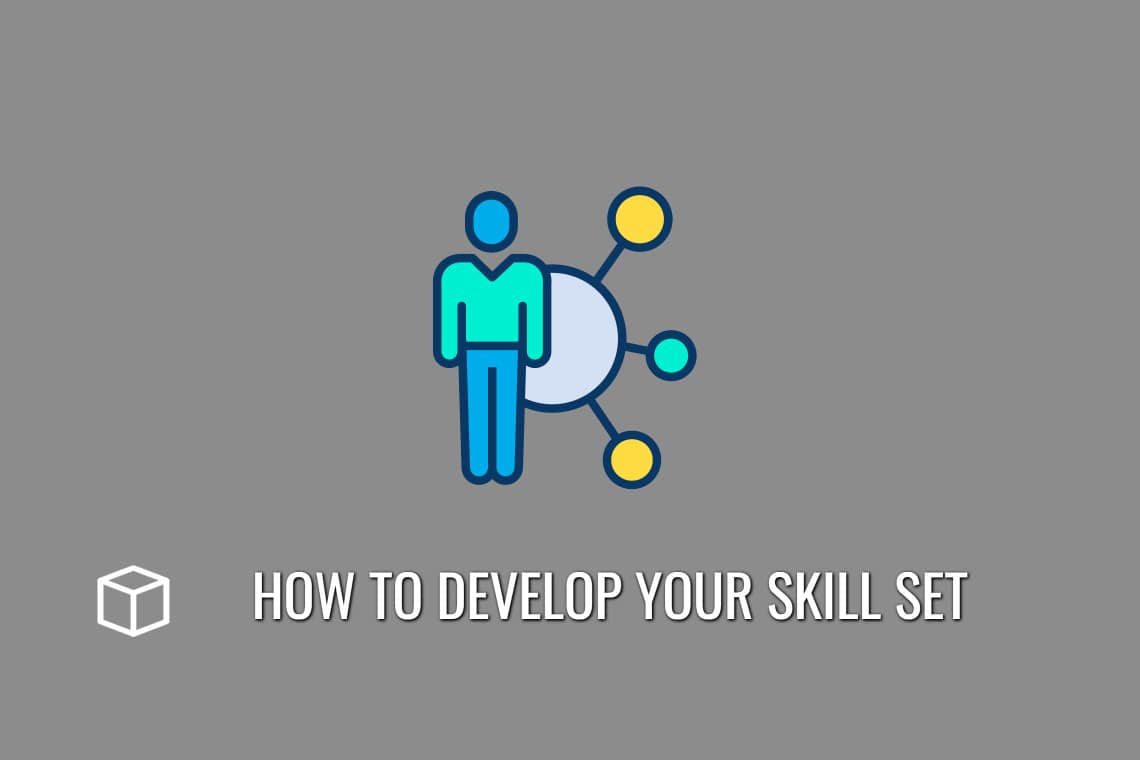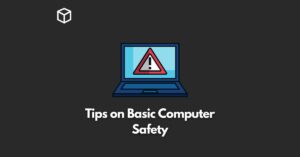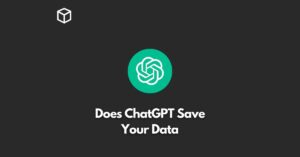A Skill Set is the set of all the various skills that you have, which make up who you are as a person. These skills are social, mental, physical and technical skills.
The type of work environment in which you reside determines what your skill set should be.
How to Develop Your Skill Set to Advance Your Career
What is a skill set?
A skill set is a bundle of skills which an individual possesses. A skill set is a collection of skills, knowledge and experience that provides a person with the ability to solve problems or produce goods and services at a sustainable level.
The term “skill set” has been used in popular culture for decades and refers to an individual’s particular and unique set of abilities and talents which provide them with what they need to excel.
Skill sets can be used to describe a personal set of abilities, as well as the general qualities and characteristics that an individual must possess in order to achieve excellence and success in their career or profession.
Also known as: skillset / skill-set / “approach”
Skill Set Examples: “I’m looking for someone with a good skill set. I need someone who is creative, artistic and can work well under pressure.” “I have an accounting skill set, so I tend to gravitate towards jobs which focus on financial tasks.”
Skill Set Synonyms: prowess / talents / aptitude / capability / competency
Skill Set Antonyms: weakness / unable
Skill Set Example Sentence: I always thought I had a unique skill set. I’ve been trying to get a job in a bakery, but everyone seems to want someone who can bake and decorate cakes. I never did either of those things before.
I wanted to be an English teacher when I was in high school, but I started to realize that I didn’t really have a solid skill set for it.
I’m not very good at math, but I guess that’s mainly because my skill set doesn’t involve numbers.
In business, having a “skill set” means being able to offer unique talents and abilities which will allow you to excel in your professional life.
An individual who is skilled in a specific area – for example, design – can use their ability to produce high-quality designs on a consistent basis, even if they do not have the skill set of a designer. A graphic designer will be able to solve more complex problems than someone with a general knowledge of Adobe Creative Suite, because they possess a skill set specific to design.
Companies, as well as job hunters, will often look for individuals who possess a unique and specialized “skill set” that allows them to offer talents which cannot be acquired by workers with general knowledge or experience in their professional field. This is what makes companies want to give you a job – your skill set.
Types of skill sets
There are three types of skill sets:
Domain-specific skills, transferable skills and critical thinking and problem-solving skills.
Domain-specific skills are the abilities and knowledge needed to perform a specific job.
Transferable skills are the abilities and knowledge that can be used in more than one career, such as leadership, interpersonal skills, understanding the importance of teamwork.
Critical thinking and problem solving skill set is what enables someone to come up with a solution for a problem or answer questions using their analytical capabilities.
It is important to have a good mix of all three types of skill sets in the workforce. If there are more employees with transferable skills, organizations will have less difficulty filling vacant job positions if an employee leaves or quits their job.
It also gives a company a wider range of opportunities for promotion and new employment within the same company.
How to determine your skills
It can be really difficult to determine your skills. The best way I’ve found is to gather all the information you have about what you’re good at and what you enjoy doing, then seek feedback from people who are in the same field as you are.
I think it’s best to spend your time working on your strengths rather than your weaknesses. You may need to hire an assistant with expertise in an area of your work that you don’t have much experience in.
It’s really important not to obsess over how you relate each skill with a career, but one thing that can help is looking for careers that include skills that interest you – that way there will be a better chance of finding one that suits you.
I’d advise against picking a career based on how much money it makes, as being happy in your work is the most important thing.
Think about what code of ethics you have and safeguard yourself from uncomfortable situations by choosing a field that suits them.
If there are any obvious ethical problems with a career then it’s best to steer clear – some examples might be if you have a strong objection to animal testing then it would probably be best not to get into medicine and if you want to work with children then teaching is probably not for you.
How to develop new skills
To develop new skills, break your desired outcome down into smaller, manageable steps.
Each step should be feasible and measurable. This can often help you concentrate on one thing at a time while still moving forward in the intended direction.
For example, if you want to learn how to talk in front of a group, your steps may include:
1. Find out which organizations within my community are looking for speakers
2. Reach out to one organization per week by email or phone
3. Write down any comments given about upcoming meeting topics so I can prepare suggestions when the time comes
4. Research local topic experts and ask to speak on their behalf
5. Find video recordings of other speakers in order to get a sense of how they deliver their speeches
6. Practice speaking aloud in my living room with the door closed so my talking sounds muffled enough that I can’t hear myself through the walls, even when I’m only speaking at a normal volume
Having these simple, manageable steps to guide you will help you stay focused on your ultimate goal of giving a great speech because each step will be achievable. It’s much easier to see the finish line when taking one step at a time!
Which skills to include on your resume
Your resume should include the skills that you have, but also show your accomplishments.
Make sure to answer the questions in a way that is relevant to your job application. It is important to abide by the standards of good grammar and sentence structure.
Remember, make sure to use proper pronouns when referencing yourself or others.
Resume skills list examples
- Proficient in both HTML and CSS
- Technology expert with a strong understanding of how to create a successful digital marketing campaign.
- Claims experience managing social media accounts spanning from Facebook, Twitter, LinkedIn, Pinterest and Snapchat.
- Successfully launched a blog and grew a strong following over the span of 1 year.
- Able to manage multiple projects with tight deadlines, while maintaining a positive attitude.





